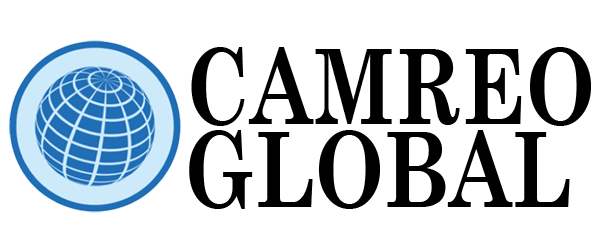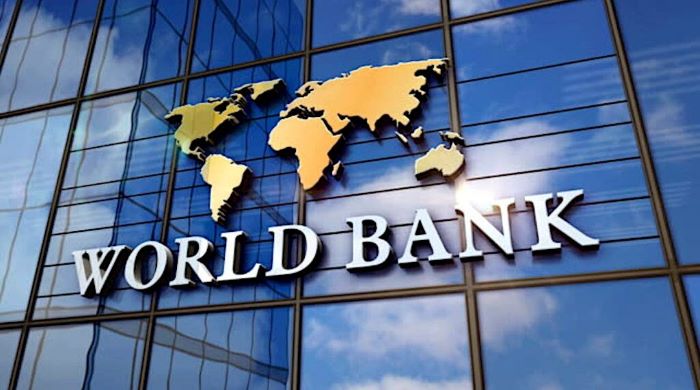Economy
World Bank Head Asserts Lender is ‘Squandering Time’ with Excessive Regulations
In a recent address at the Center for Global Development, World Bank President Ajay Banga expressed growing concerns. He highlighted the mounting bureaucratic obstacles that are hindering the progress of the development lender. His candid remarks shed light on the challenges faced by projects seeking funding from the International Development Association (IDA). The IDA is the arm of the World Bank dedicated to assisting the world’s poorest nations.
Rules Overload: More Red Tape, Less Progress
Banga emphasized a noteworthy surge in the multitude of regulations that projects must now navigate. He highlighted that the IDA currently subjects initiatives to over 1,100 regulations, a substantial increase from the mere 150 in place two decades ago. The surge in bureaucratic requirements has, according to Banga, slowed down the pace of projects and adversely affected the effectiveness of the institution.
“Banga’s dissatisfaction with Common Framework pace reflects broader shifts in global lending dynamics and interests,” according to Wall Street Journal Subscription.
Efficiency Matters: Streamlining Processes for Progress
Ajay Banga, who assumed the presidency in June, has consistently voiced his concerns about the perceived slowness and inefficiencies within the World Bank. Acknowledging the significance of upholding standards for responsible fund utilization, he underscored the necessity of streamlining bureaucratic processes. The goal is to improve the efficiency of the bank.
Seeking Support: Banga’s Call for Capital Expansion
Actively seeking increased support from both member nations and the private sector, Banga aims to raise capital. Additionally, he plans to expand the bank’s mandate. Donors to the IDA set a record, contributing $93 billion for the lending arm through fiscal year 2025. Banga is determined to surpass this figure in the upcoming funding round.
Proposed Reforms: Tailoring Processes and Coordinated Approvals
To address the bureaucratic challenges, Banga proposed tailoring bank processes to project-specific risks. He suggested revisions in environmental impact assessments and a reduction in the number of stakeholders required for decision approvals. Additionally, he underscored the need for improved coordination in project approvals and administration across the World Bank’s principal lending arms.
Global Dynamics: Shifting Landscape of Lending
Banga expressed dissatisfaction with the pace of the Group of 20-backed Common Framework initiative, attributing delays to conflicting interests among stakeholders, including China and private investors. Beyond domestic concerns, his discontent highlighted broader issues within the initiative. He also emphasized the changing lending landscape. Traditionally, the Paris Club, aligned with Western nations, used to account for 90% of lending two decades ago. However, it now constitutes only 40%, with China and private loans gaining significant prominence.
“Banga’s dissatisfaction with Common Framework pace reflects broader shifts in global lending dynamics and interests,” according to Barron’s.

